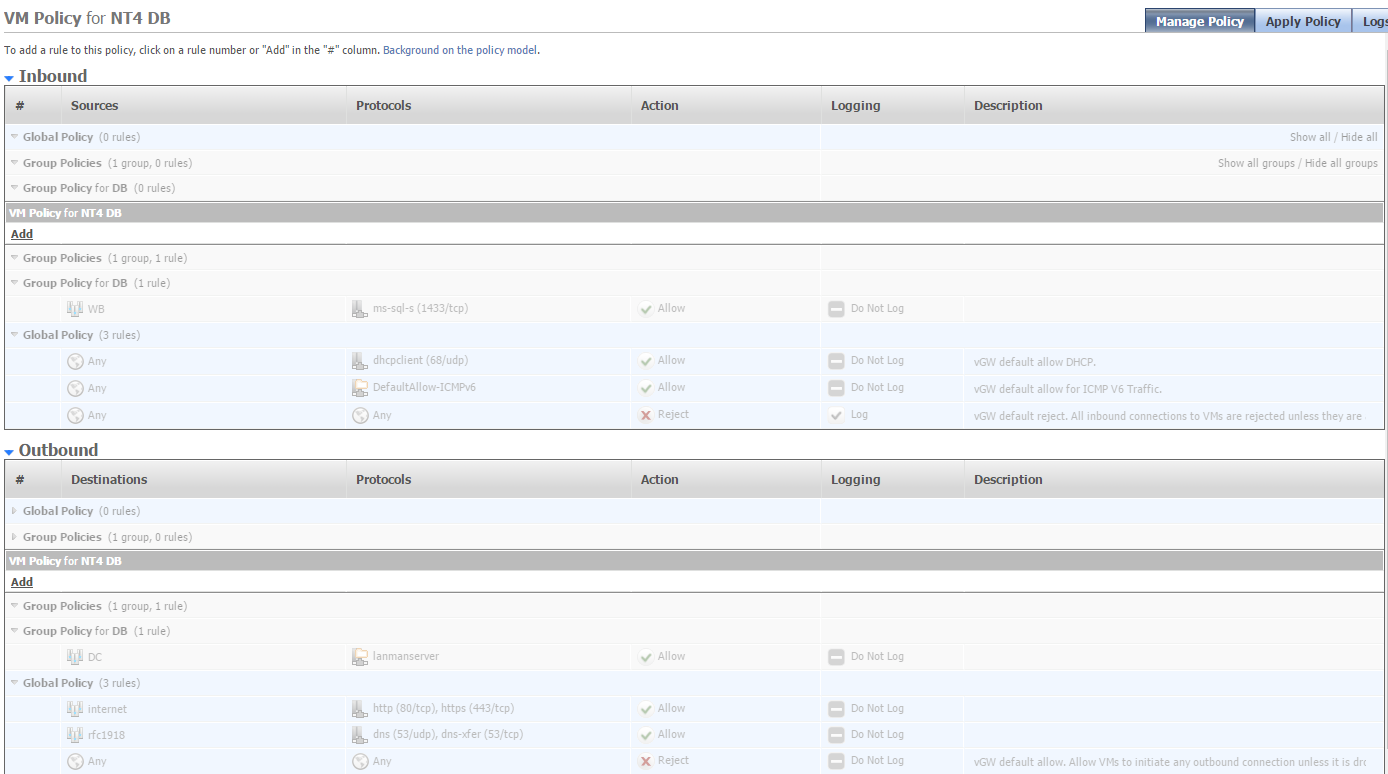Well after my last Star Wars Galaxies adventure, where I tried to run MySQL on Linux Subsystem for Windows v1, I got some weird shared memory error, and it wouldn’t run. Even the old BSDDB engine was bombing out trying to create files. So fine, whatever I thought I could move on, and that is when I found out that somehow OpenSSL & Python had utterly collided.
Python 1.13 (default, Sep 26 2018, 18:42:22)
[GCC 6.3.0 20170516] on linux2
Type "help", "copyright", "credits" or "license" for more information.
>>> import ssl
Traceback (most recent call last):
File "", line 1, in
File "/usr/lib/python2.7/ssl.py", line 98, in
import _ssl # if we can't import it, let the error propagate
ImportError: /usr/lib/x86_64-linux-gnu/libcrypto.so.1.1: version `OPENSSL_1_1_0' not found (required by /usr/lib/python2.7/lib-dynload/_ssl.x86_64-linux-gnu.so)
>>>
Well isn’t that great. I tried un-installing & re-installing Python over and over, along with trying to force re-install OpenSSL. No dice.
So what finally got it working for me was to purge OpenSSL.
apt-get purge libssl1.1
And after that it pulled out everything that was using it, well over 500MB of stuff I’d installed. And for good measure I followed up with the autoremove for an additional 384MB of stuff to remove. And then for the final step, of just installing Python:
root@HUANANZHIX79:~# apt-get install python2.7
Reading package lists... Done
Building dependency tree
Reading state information... Done
The following additional packages will be installed:
libpython2.7-stdlib libssl1.1
Suggested packages:
python2.7-doc
The following NEW packages will be installed:
libpython2.7-stdlib libssl1.1 python2.7
0 upgraded, 3 newly installed, 0 to remove and 0 not upgraded.
Need to get 3,537 kB of archives.
After this operation, 12.8 MB of additional disk space will be used.
Do you want to continue? [Y/n] y
Get:1 http://deb.debian.org/debian stretch/main amd64 libssl1.1 amd64 1.1.0j-1~deb9u1 [1,354 kB]
Get:2 http://deb.debian.org/debian stretch/main amd64 libpython2.7-stdlib amd64 2.7.13-2+deb9u3 [1,897 kB]
Get:3 http://deb.debian.org/debian stretch/main amd64 python2.7 amd64 2.7.13-2+deb9u3 [285 kB]
Fetched 3,537 kB in 0s (13.2 MB/s)
Preconfiguring packages ...
Selecting previously unselected package libssl1.1:amd64.
(Reading database ... 27441 files and directories currently installed.)
Preparing to unpack .../libssl1.1_1.1.0j-1~deb9u1_amd64.deb ...
Unpacking libssl1.1:amd64 (1.1.0j-1~deb9u1) ...
Selecting previously unselected package libpython2.7-stdlib:amd64.
Preparing to unpack .../libpython2.7-stdlib_2.7.13-2+deb9u3_amd64.deb ...
Unpacking libpython2.7-stdlib:amd64 (2.7.13-2+deb9u3) ...
Selecting previously unselected package python2.7.
Preparing to unpack .../python2.7_2.7.13-2+deb9u3_amd64.deb ...
Unpacking python2.7 (2.7.13-2+deb9u3) ...
Processing triggers for mime-support (3.60) ...
Processing triggers for libc-bin (2.24-11+deb9u4) ...
Setting up libssl1.1:amd64 (1.1.0j-1~deb9u1) ...
Processing triggers for man-db (2.7.6.1-2) ...
Setting up libpython2.7-stdlib:amd64 (2.7.13-2+deb9u3) ...
Setting up python2.7 (2.7.13-2+deb9u3) ...
Processing triggers for libc-bin (2.24-11+deb9u4) ...
So now you think its going to be broken right? It’s the same libssl package! I didn’t even run an ‘apt-get update’. And guess what?! You would be wrong.
root@HUANANZHIX79:~# python
Python 2.7.13 (default, Sep 26 2018, 18:42:22)
[GCC 6.3.0 20170516] on linux2
Type "help", "copyright", "credits" or "license" for more information.
>>> import ssl
>>>
That’s right, it’s now working.

Speaking of Picard, I hear there will be a new series, inspiringly named ‘Picard’. Apparently it’s going down the same path as STD, complete with a lack of backers, and merch. I’m hoping it’ll be something watchable, although they certainly cannot afford any of the TNG cast as they apparently have zero budget. Maybe it’ll end up as another ‘Jake Skywalker’ or ‘Not my Picard’. But the bad reboot 25% contractual difference could be the difference between something new, or something so divergent that there was no point in even attempting to be a Trek.

